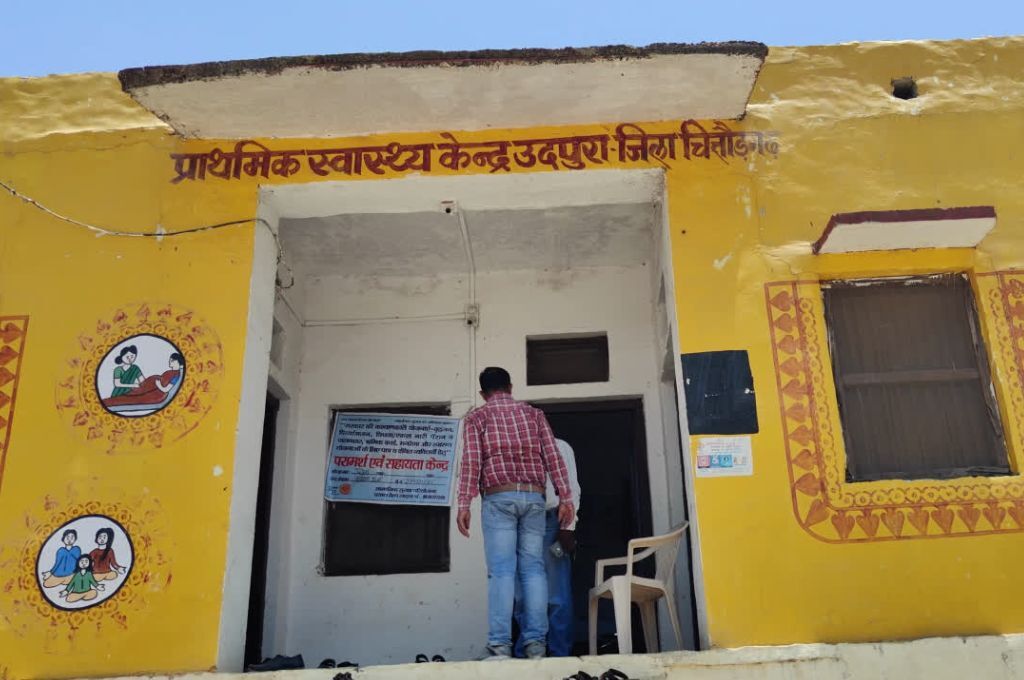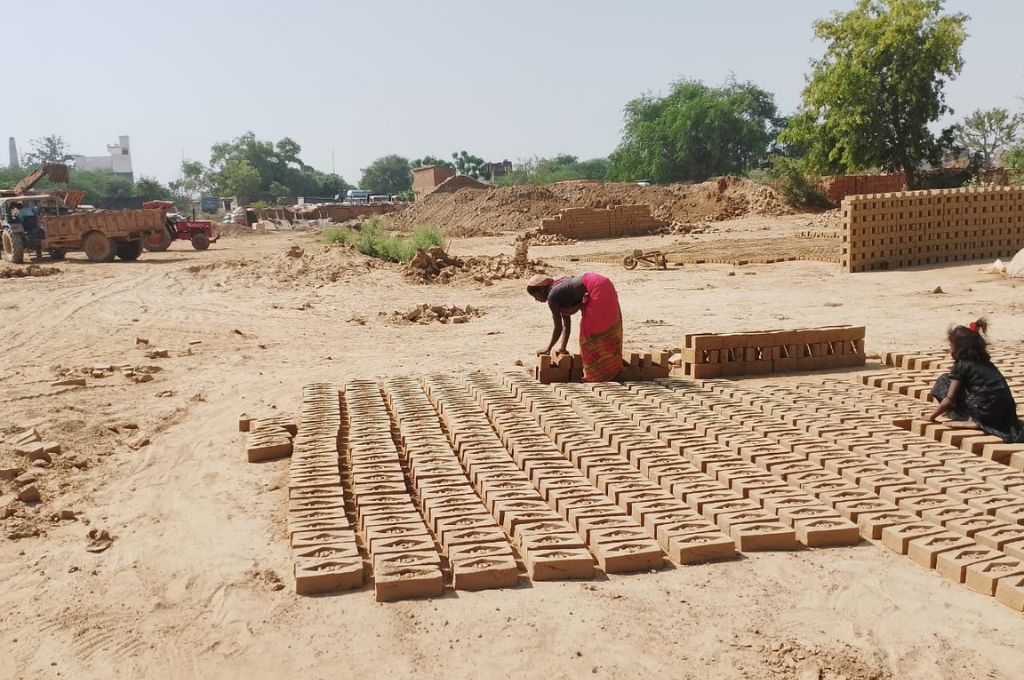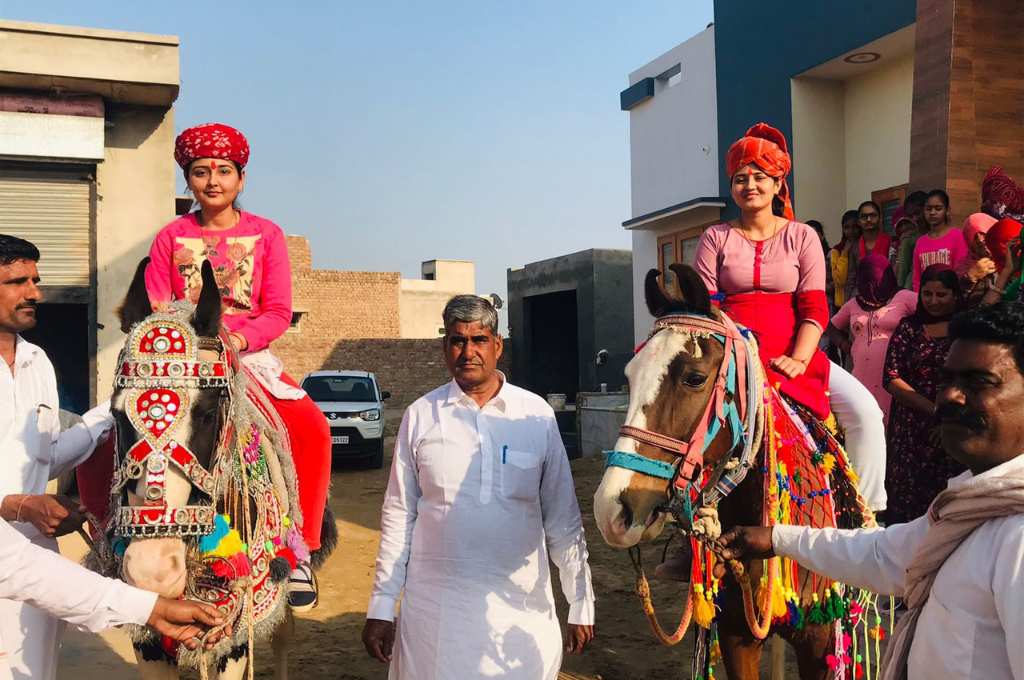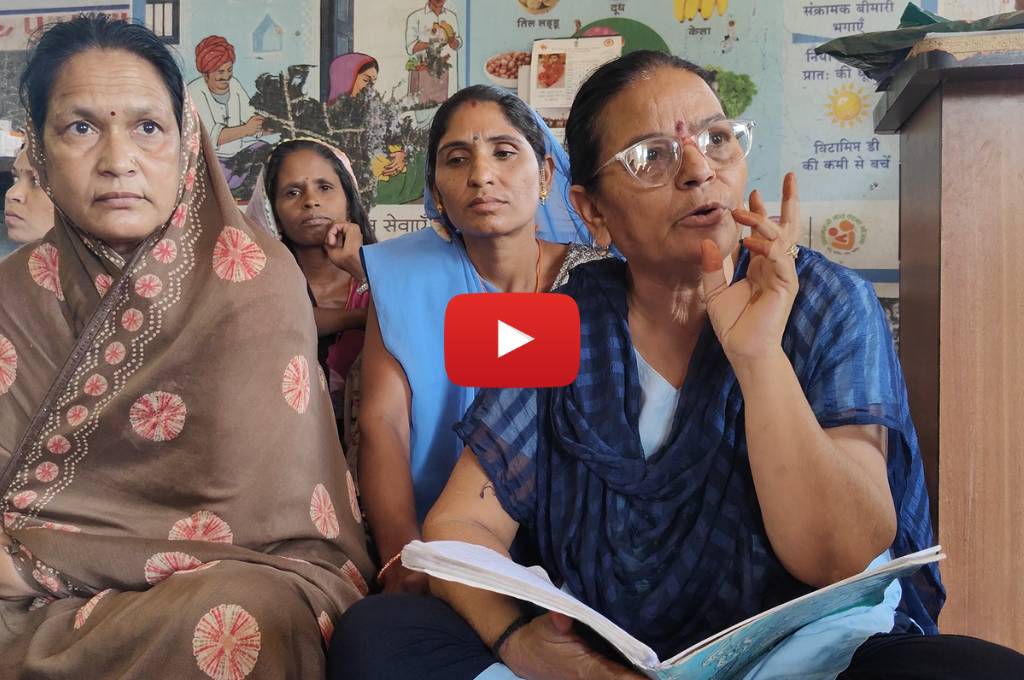READ THIS ARTICLE IN
From silence to strength: Transforming girls’ education through dialogue
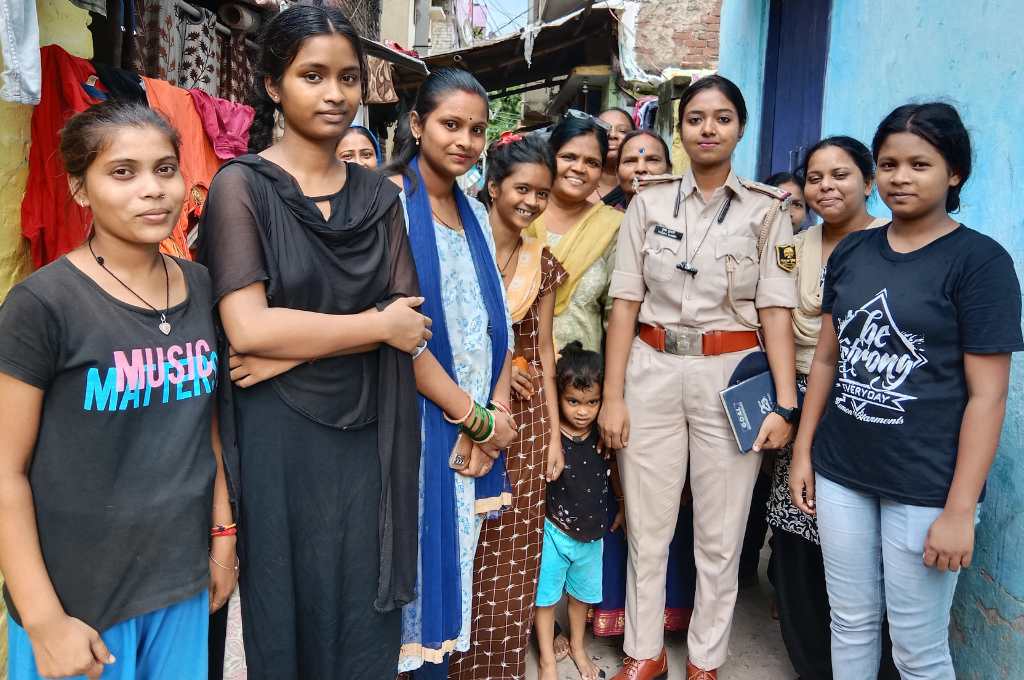
In Khusrupur town in Bihar’s Patna district, there are several impediments to adolescent girls completing their education. In my work with Aangan, I have come to realise that there are many intertwined reasons for this, an important one being girls’ safety.
Since 2021, Aangan has been working with the district police to form ‘suraksha panels’—groups that are made up of women and girls from the community and are attached to the local thana. I am a member of the Khusrupur Suraksha Panel, and we actively collaborate with our local police station to work on issues of child safety, including making public spaces safer for girls.
In order to ensure that girls are safe, it is very important to listen to what they have to say. When our suraksha panel was chatting with some girls attending a middle school in Khusrupur, we found that a couple of them had been suspended from school for talking to boys. According to the principal, that was how the school maintained decorum and discipline—by punishing the girls. However, boys were never suspended or subjected to disciplinary action in such situations. We requested the principal to review this discriminating policy.
In the past, suspension from school has led to even graver action at home, with parents preventing the girls from returning to school and putting an end to their education altogether. In some cases, they were even married off.
There are other obstacles in the way of the girls’ education. For example, they may be stalked or harassed on their way to and from school, which affects their attendance and grades. Again, some parents withdraw their daughters from school on seeing their grades fall.
Faced with the prospect of forfeiting their education, the girls are hesitant to talk to their parents or teachers about the problems they face. “We cannot speak to our parents about the stalking or harassment for fear of being stopped from going to school,” they say. They are further discouraged by the unfair fact that it is only they—and not the boys—who are reprimanded for talking to each other.
Aware of their worries and insecurities, the suraksha panel knew it was important to facilitate conversations between the girls and their mothers to foster a sense of openness and trust. And so we started a programme that encouraged mothers to listen to their daughters in order to learn about their problems and aspirations. Young girls would be more open to discussing their problems with their mothers than their fathers. Having experienced some of the same problems as their daughters, the mothers would also be more sympathetic to them.
In addition to initiating conversations within the home, working with the local police to patrol the routes that the girls commonly took to school also protected them from harassment in public spaces. These simple interventions have proved to be successful as they ensure safety not just for a handful of girls but for them as a community.
Poonam Mai has been working with Aangan in Khusrupur, Bihar, since 2021.
—
Know more: Learn how gender and caste impact women’s safety in Karnataka.
